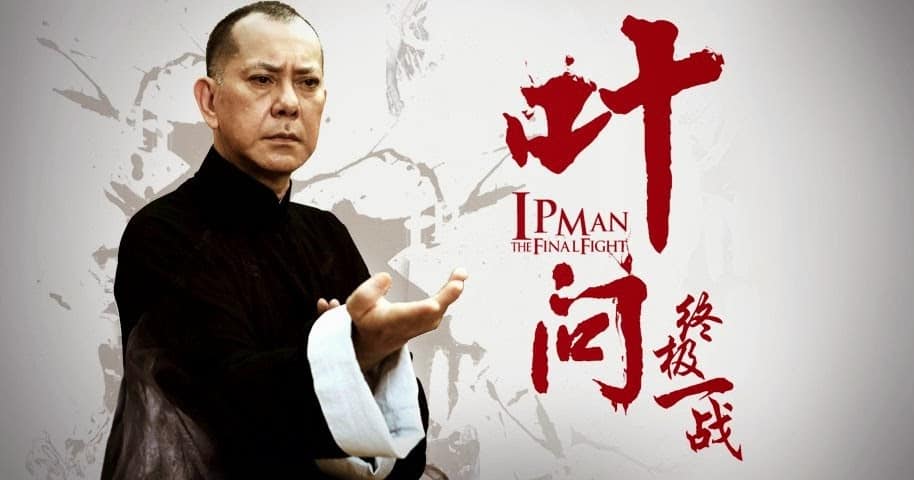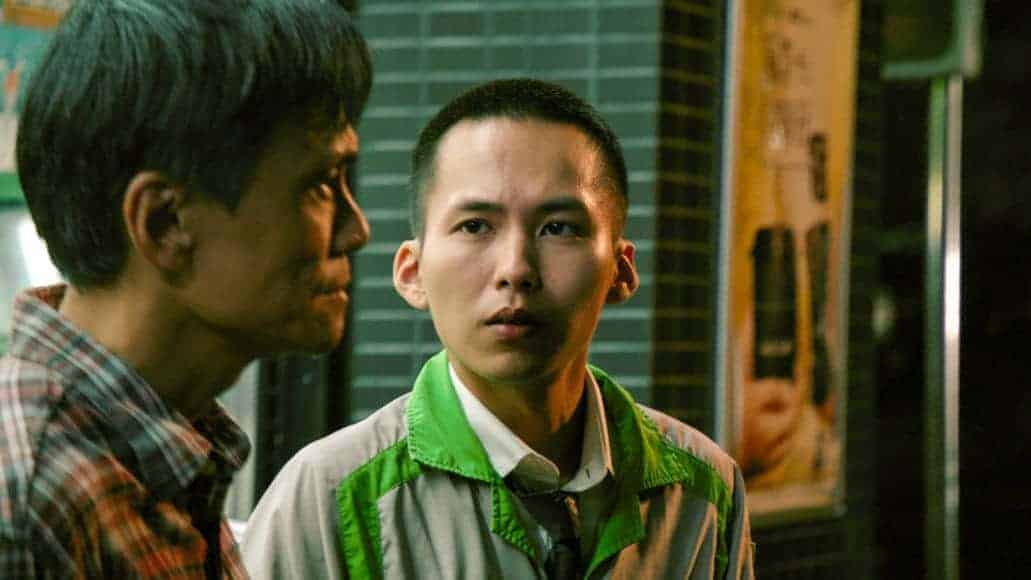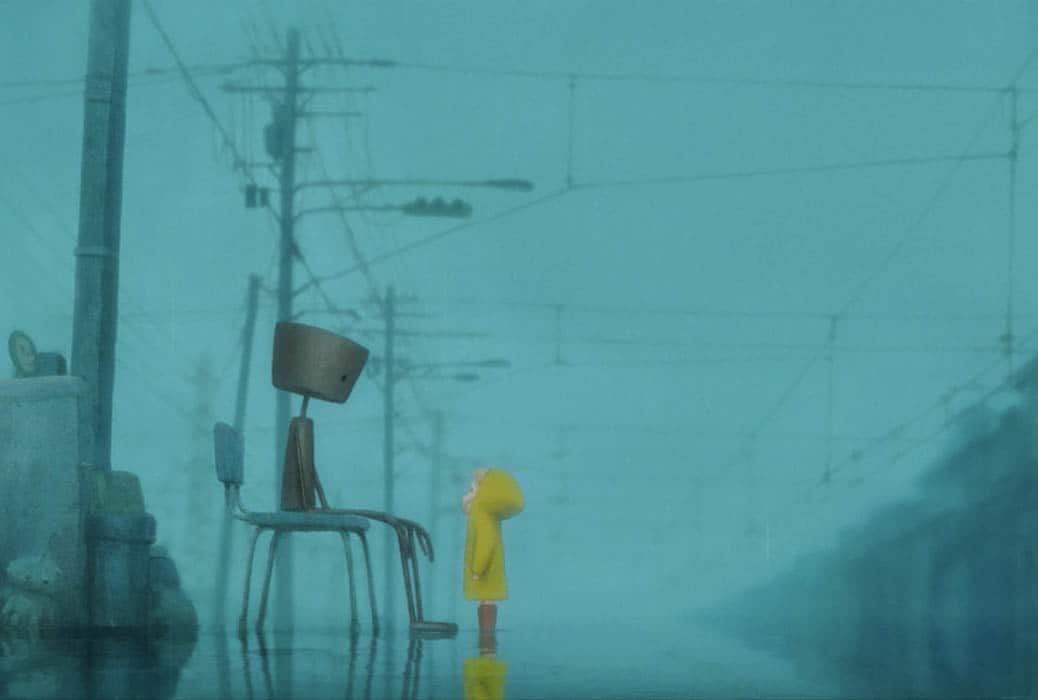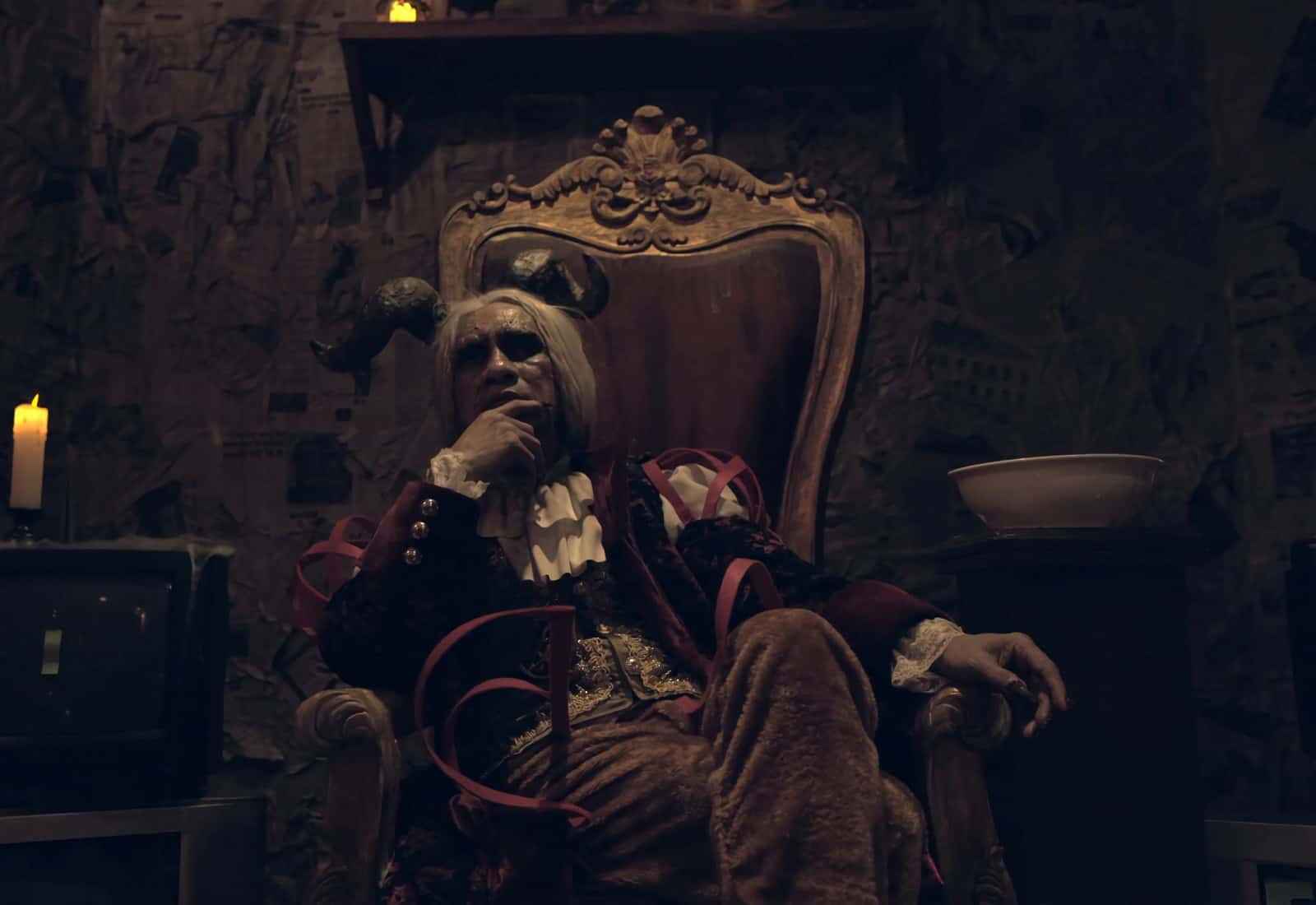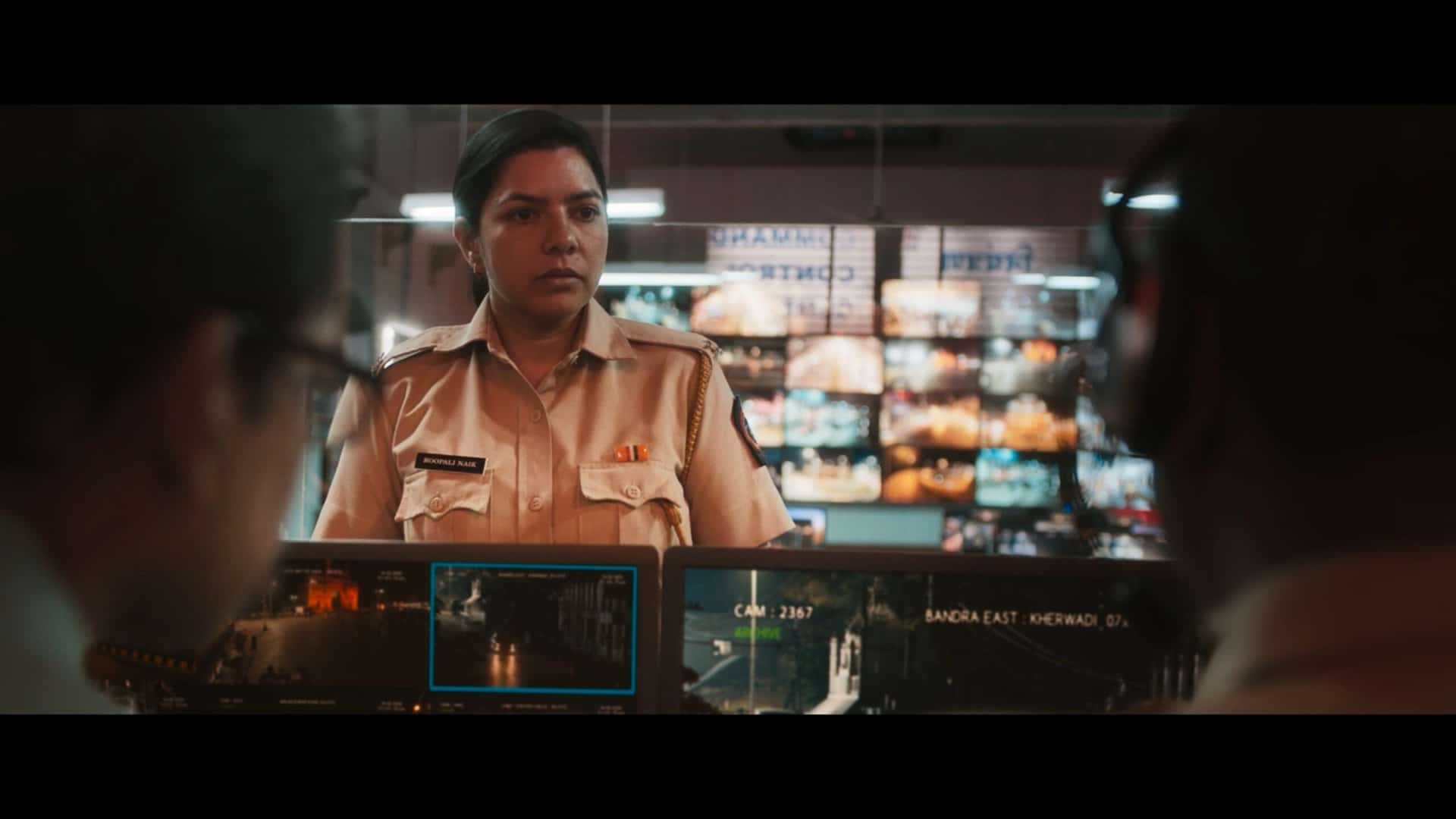Starting in 2008, Ip Man, the master of Wing Chun, has featured as the main character in a number of movies and a TV series. “Final Fight” presents the story of his last period, when he moved to Hong Kong from Foshan, following the victory of the Chinese Communist Party in the Chinese Civil War, since he was a police officer of the previous regime, the Kuomintang.
“Ip Man: Final Fight” is released by Cine Asia
The film begins in 1949, upon his arrival in Hong Kong, where a sick and alone, 56 -year-old Ip Man (his wife and son had stayed in Foshan) starts teaching Wing Chun on the rooftop of a building that houses the hotel staff's general association. He meets and accepts new students from every part of society, and his class consists of laborers, a lot of which are members of the labor movement, correctional officers, even policemen. Among them, the central ones are Tang Shing, a police officer, Leung Sheung, the chairman of the general association, Wong Tung, a correctional officer, and the wives of the last two, Lee King and Chan Sei-mui.
Unavoidably, as the labor movement erupts in Hong Kong, the different status of his students brings conflict among them, although Ip Man uses his influence to help them any way he can. Eventually his wife comes to Hong Kong, but does not stay much, since she has left their son behind. This, however, is the last time he sees her, as she dies shortly after returning to Foshan, and eventually his son comes to live with him. His circle of students take care of Ip Man, both financially and domestically, while he meets Jenny during a fair, and becomes romantically involved with her, to the disappointment of his students and particularly the female ones.
The challenges never stop for Ip Man, this time having to face Ng Chung, a White Crane Style master, and finally, the local crime lord, Dragon, who hosts some underground fights that involve some of Ip Man's students.
Herman Yau directs the most humanistic entry in the franchise, focusing more on Ip Man as a man than as a martial artist, through his relationship with his students and his family. In that fashion, although once more idealized to some degree, Ip Man's portrait is realistic enough, presenting a man with principles, but also with passions, and one who is not above breaking the law in order to protect his students. His relationship with Jenny is the most distinct aspect of this style tactic.
Anthony Wong's casting in the titular role also moves towards this direction, as the veteran actor highlights his character's martial arts background (he is a lifelong martial arts practitioner and spent over a year preparing for the role) but also his human side. The same applies to Eric Tsang's presence as Ng Chung, with the two of them inducing their characters with a gusto that benefits the film to the largest degree. Furthermore, Wong is, once more, as cool as ever, in both the dramatic and the action scenes, with the scenes he appears smoking being the highlights of his style. Zhou Chuchu as Jenny provides another distinct performance, with a style that suits the role of the femme fatale/ apple of discord perfectly. Xiong Xinxin as Dragon has a small but rather distinct role as the ultimate villain of the film, with his physique benefitting the role to the fullest.
Herman Yau paid much attention to the depiction of the era the film takes place in, with the presentation of Hong Kong from the 50's to the 70's being accurate as much as artful. Chan Kwong-hung has done a great work in the cinematography of the film, with the panoramic / rotating shots from drones and the depiction of the different settings (roads, slums, poor and rich houses, jail, etc) presenting a number impressive, and vividly colored, images. Another great technical aspect of the movie are Thomas Chong's costumes, which highlight the transitional era in Hong Kong, with tradition co-existing with modernism and the oriental with the occidental. Jan hung Mak's subtle but characteristic music also fits the general aesthetics of the film.
None of the above, however, means that the movie is void of action. To the contrary, the martial arts sequences are many and quite impressive, as they usually feature many actors at the same time on the scene. In that fashion, Chung Chi Li and Kwok Lam Sin have done a great job in the choreographies, along with the stunt team. Obviously, Anthony Wong and Eric Tsang are doubled on the most demanding scenes, but Wai Chiu Chung does a great job editing those sequences in a way that makes this tactic almost invisible.
Both the action choreography and the production values find their apogee in three scenes. The one where the strikers clash with the police, the fight among the students of the two schools, and most of all the final sequence, where the rain provides a factor that makes the scene even more impressive.
“Ip Man: Final Fight” is a very entertaining spectacle, as it combines elaborately, drama and action, in a visually impressive package.


